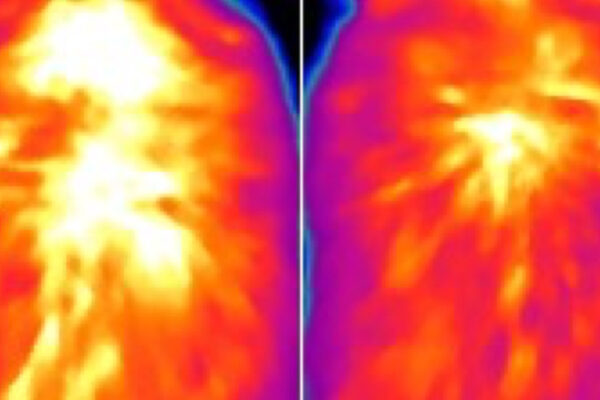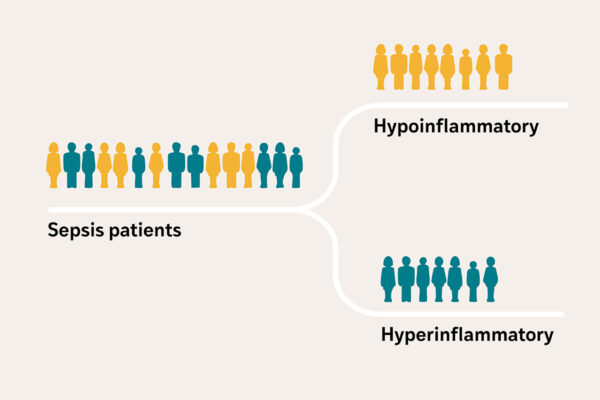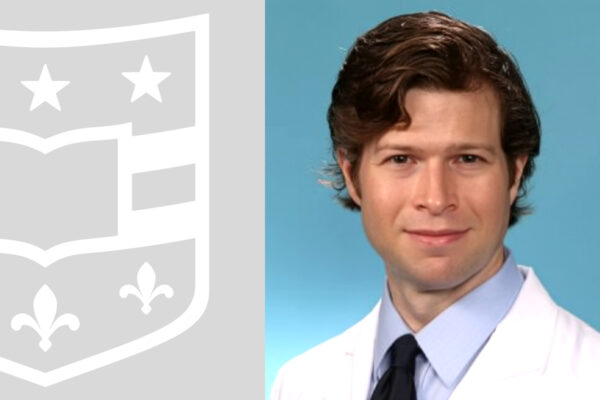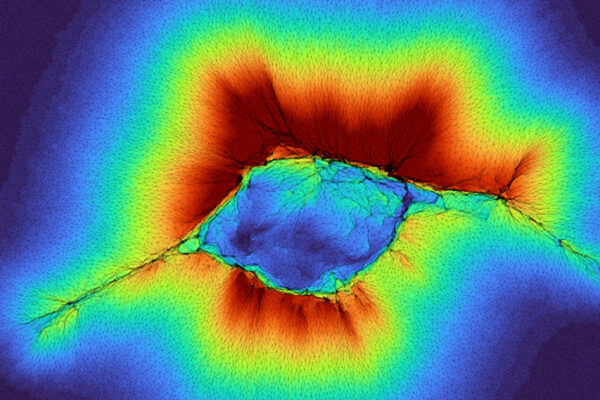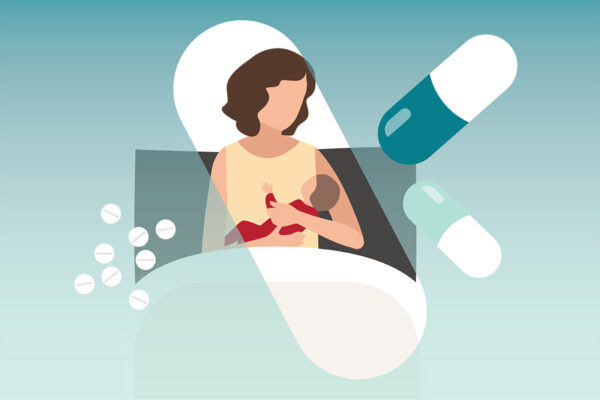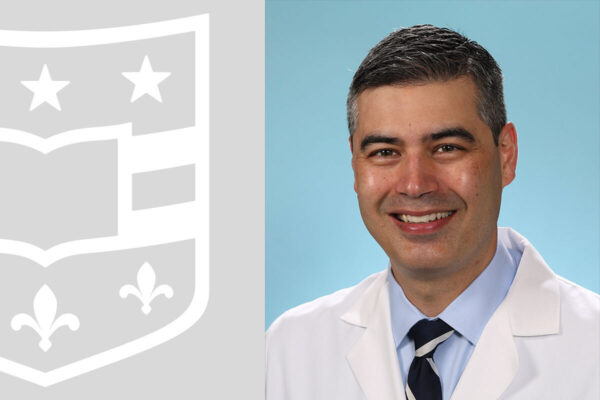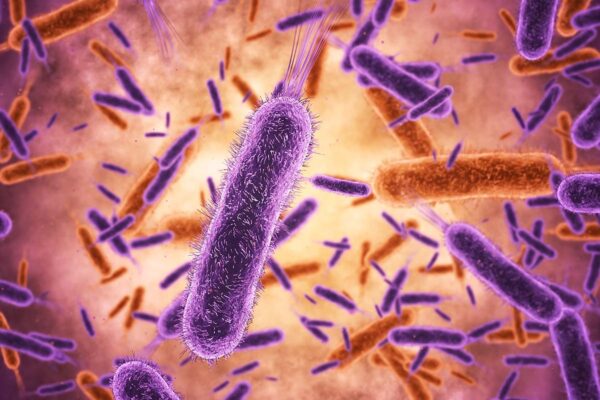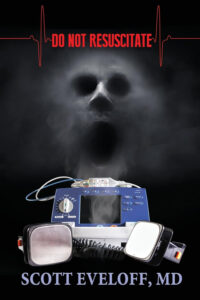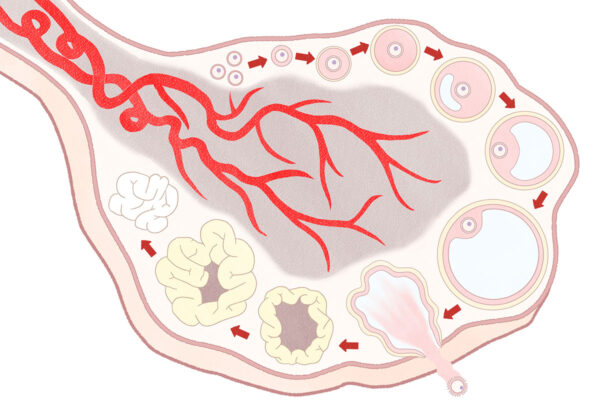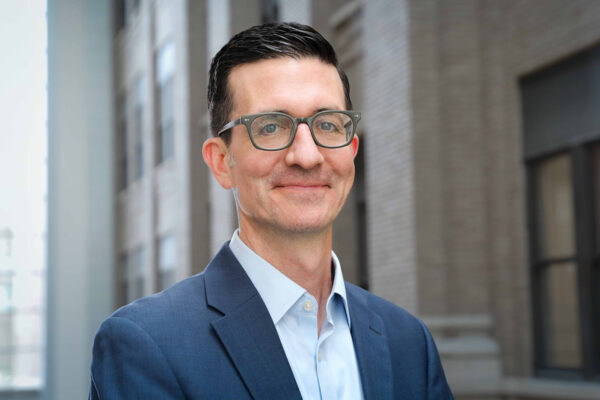Novel way to ‘rev up’ brown fat burns calories, limits obesity in mice
A new study led by researchers at WashU Medicine reveals possible new avenues to help brown fat produce more heat, which could aid in weight loss and improve metabolic health.
$4.87 million grant supports development of sepsis diagnostic device
A U.S. Department of Defense award will help WashU Medicine researchers develop a test to quickly group sepsis patients into risk categories based on their levels of two inflammatory biomarkers.
McCoy sheds light on bacterium that causes acne
A study led by William H. McCoy IV, MD, PhD, an assistant professor of medicine in the Division of Dermatology at WashU Medicine, has identified an important way that Cutibacterium acnes bacteria thrives on human skin.
Working together, cells extend their senses
Researchers at Washington University in St. Louis have found new rules for how groups of cells can sense beyond their surrounding environment, which can help in tracking how cancer moves and how wounds heal.
Innovative approach helps new mothers get hepatitis C treatment
Delivering medications to the bedside while women are still in the hospital after giving birth dramatically improves cure rates from the virus, a new WashU Medicine study finds.
Johnson named director of Division of Urologic Surgery
Michael H. Johnson, MD, has been named director of the Division of Urologic Surgery in the Department of Surgery at WashU Medicine.
Microbiome instability linked to poor growth in kids
WashU Medicine researchers found that children with fluctuating gut microbiomes showed poorer growth compared with kids with a more stable microbiome. The study sequenced the genomic material from fecal samples collected from toddlers in Malawi.
Do Not Resuscitate
Hospital Evil ... Where No One Can Hear You Scream
When medical intern Harry Lindmark’s patient gruesomely dies, he fears an “Angel of Death” is loose in his hospital. Soon, however, Harry falls under suspicion when unexpected deaths mount. His desperate investigation to clear his name reveals a nightmarish conspiracy: Hungering souls of those long-dead are killing his patients, led by the vengeful soul of […]
Bioelectronic material may help to reveal new information behind infertility
Alexandra Rutz, a biomedical engineer at WashU, has received a CAREER Award from the National Science Foundation to create 3D bioelectronic scaffolds for ovarian follicles, to be used for infertility and aging research.
Stitziel named scholar-innovator
Nathan O. Stitziel, MD, PhD, a professor of medicine and of genetics at WashU Medicine, has received the Harrington Discovery Institute 2025 Scholar-Innovator Award to support the development of breakthrough treatments for heart disease.
Older Stories
